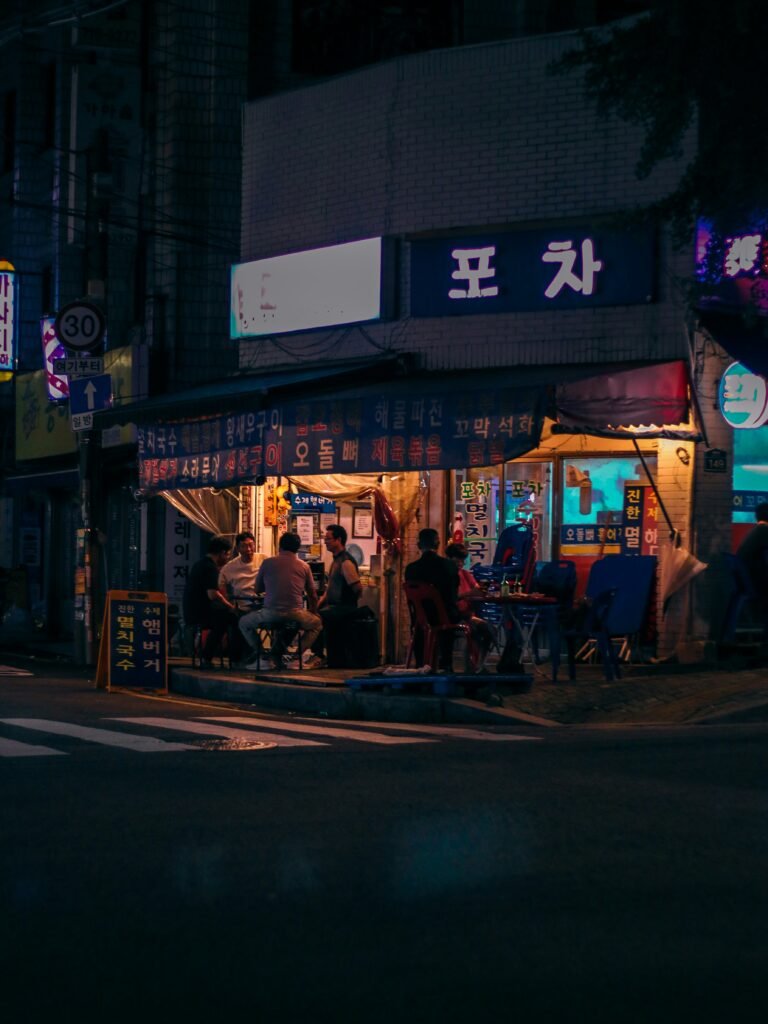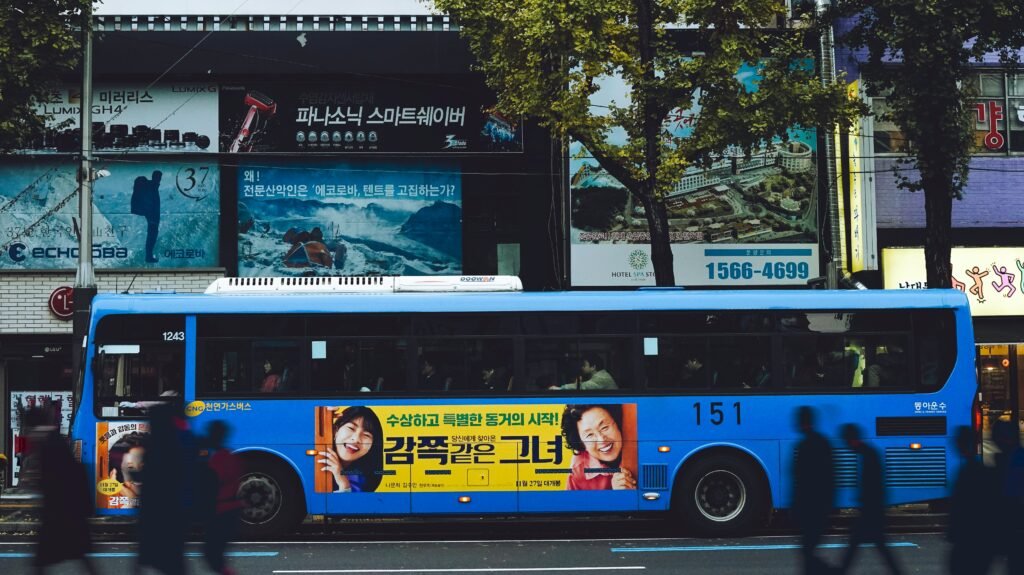“To the Moon” K-Drama Teaser Sparks Backlash Over Racist Stereotypes

South Korea’s entertainment industry is once again under global scrutiny. This time, it’s the upcoming K-drama “To the Moon” that has found itself in hot water. The recently released teaser was met with immediate criticism for perpetuating harmful racial and cultural stereotypes, sparking intense debate on social media platforms and raising questions about the industry’s approach to cultural sensitivity.
Within hours of its release, hashtags calling for accountability began trending internationally. Fans and critics alike expressed disappointment, with many calling for a formal apology and revision of the controversial content. So, what exactly happened, and why has this teaser ignited such a firestorm?
The teaser in question featured a series of scenes set in what appeared to be a fictionalized Middle Eastern setting. Actors were depicted wearing exaggerated, genie-like costumes, accompanied by stereotypical flute music and flamboyant dance sequences. For many viewers, the imagery felt outdated and offensive, echoing orientalist tropes long criticized in Western media.
The backlash was swift. Social media, particularly Twitter (now X), saw thousands of posts condemning the portrayal. International fans of K-dramas, who make up a significant portion of the genre’s global audience, voiced their disappointment, calling the depiction “lazy storytelling” and “culturally insensitive.”
According to IndiaTimes, MBC the network behind the series quickly took down the teaser and issued a statement acknowledging the concerns. They apologized for any offense caused and promised to review their production processes to avoid similar issues in the future.
K-dramas have become a global phenomenon over the past decade, with platforms like Netflix, Viki, and Disney+ helping them reach millions of international viewers. With this global reach comes greater responsibility. The backlash over “To the Moon” is not just about one teaser it’s about how cultural representation is handled in an increasingly interconnected world.
When content includes harmful stereotypes, it can perpetuate misunderstandings and biases. For South Korea, a country that has seen incredible growth in its cultural exports (known as the “Korean Wave” or Hallyu), such controversies risk undermining years of progress in building a positive global image.
The Numbers Behind Global Impact
The global K-drama industry is projected to surpass $5 billion in revenue by 2027, according to a Statista report. International fans account for over 60% of streaming audiences for K-dramas. This means controversies like this one have far-reaching implications, not just for the production in question but for the industry as a whole.
Moreover, with increasing representation of non-Korean cultures in these dramas, expectations for respectful and authentic portrayals have grown. Audiences are more vocal than ever, and social media ensures that missteps can become international incidents overnight.
Reactions From Fans and Critics
Many fans expressed their disappointment through online petitions and open letters to the production team. One widely shared post on X read: “We love K-dramas because they tell human stories that transcend borders. But if they start reducing entire cultures to caricatures, it feels like a betrayal of that trust.”
Cultural critics have also weighed in, noting that while South Korea has made strides in diversifying its media, there are still gaps in cultural consultation and sensitivity training for production teams. A columnist from the BBC pointed out that similar controversies have arisen in the past, including depictions of Southeast Asian and African cultures in other Korean media.
The Role of MBC
MBC, one of South Korea’s major broadcasting networks, has had a history of both successful and controversial productions. In their official apology, MBC stated:
“We sincerely apologize for the unintentional harm caused by the teaser of ‘To the Moon.’ Our team did not intend to disrespect any culture or ethnicity. We will conduct internal reviews and ensure such incidents do not happen again.”
While the apology was a step in the right direction, many fans are calling for more than words. They want to see tangible changes hiring cultural consultants, including diverse voices in the creative process, and providing sensitivity training to writers and directors.
This incident has reignited conversations about whether South Korean media has a recurring problem with cultural insensitivity or whether these cases are isolated. Analysts argue that while the country is rapidly globalizing its entertainment exports, its domestic production processes often remain Korea-centric.
Without regular collaboration with international consultants or creators, such issues may continue to arise. This is not unique to Korea Hollywood, Bollywood, and other major entertainment hubs have faced similar growing pains in adapting to global audiences.
Representation matters. For many viewers, seeing their culture misrepresented on screen is more than just a minor annoyance it can feel like erasure or mockery. This is why conversations around diversity, equity, and inclusion (DEI) have become so central to modern media industries.
Positive representation can foster understanding and cultural exchange, while negative representation can deepen stereotypes and prejudices. In an era where K-dramas are considered soft power tools for South Korea, these portrayals carry even more weight.
Steps Moving Forward
So, what can be done to prevent similar controversies in the future? Experts and fans have suggested several steps:
- Hiring cultural consultants when portraying foreign settings or characters.
- Conducting pre-release screenings with diverse focus groups.
- Providing training on cultural sensitivity for writers, producers, and directors.
- Listening to international feedback rather than dismissing it as “overreaction.”
These measures are not about limiting creativity but ensuring that creativity does not come at the expense of respect.
Lessons From Past Incidents
This is not the first time a K-drama has faced accusations of racism or cultural appropriation. For example:
- A 2021 drama was criticized for its portrayal of Filipino domestic workers.
- Another production faced backlash for using African-inspired tribal imagery in a dystopian setting.
Each of these incidents was followed by public outcry, temporary fixes, and, in some cases, changes in production practices. The hope is that with each controversy, the industry learns and evolves.
Viewers, especially international ones, play a significant role in shaping the future of global entertainment. Constructive criticism, petitions, and boycotts have proven effective in holding media producers accountable.
Fans have also started grassroots initiatives to educate production teams, offering free consultation and even cultural guides. The message is clear: audiences want to enjoy K-dramas without feeling that their heritage is being mocked or reduced to a punchline.
Will “To the Moon” Recover?
The big question now is whether “To the Moon” can recover from this controversy. The series has not yet premiered, giving the production team a chance to re-edit, consult, and potentially remove the problematic content. If handled well, this could turn into a redemption story a chance for MBC to show that it listens to its audience.
However, if mishandled, it risks becoming another cautionary tale in the annals of cultural missteps in media.
The backlash against “To the Moon” is not just about one show. It’s about the growing pains of an entertainment industry that is now undeniably global. As K-dramas continue to break into mainstream markets across the world, the demand for authentic, respectful storytelling will only grow louder.
Whether MBC and other networks take this moment to implement real change remains to be seen. But one thing is clear: the global audience is watching, and they expect better.
Disclaimer: The content of this article is based on publicly available information and reports from reputable sources at the time of publication. Nownesia does not endorse or promote any discriminatory or offensive behavior mentioned within. The purpose of this article is to inform readers about ongoing cultural discussions and controversies surrounding the entertainment industry. All opinions expressed in this article belong to the respective commentators and sources cited. Readers are encouraged to form their own perspectives and approach the subject with cultural sensitivity.
Sources:
